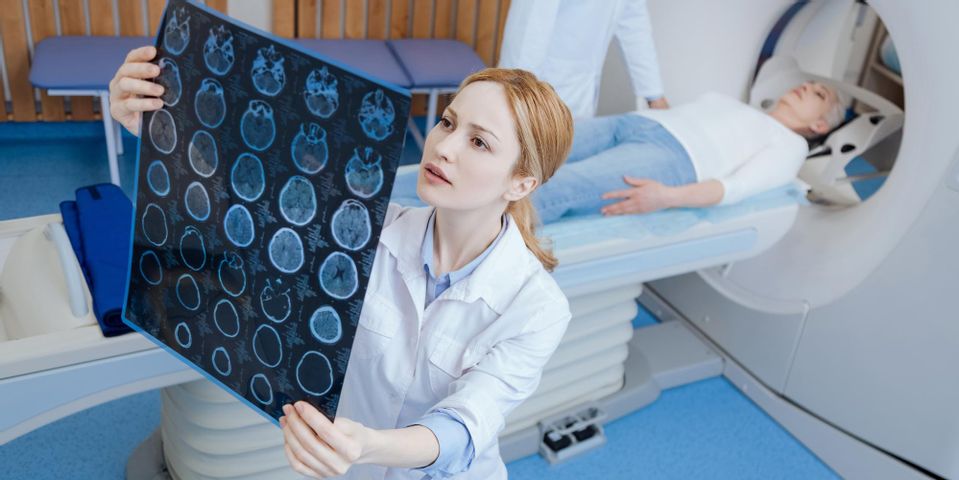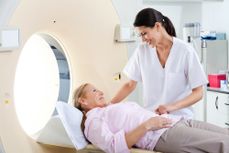What’s the Difference Between an MRI and a PET Scan?

Diagnostic imaging allows medical staff to take a closer look at the inner workings of the body. MRIs and PET scans are two types of imaging technology that are integral in the diagnosis of serious diseases and health conditions. Here’s the difference between the two.
Magnetic Resonance Imaging (MRI)
 MRIs create high-resolution images of organs and tissues within your body using magnetic fields and radio waves. Scans can be as short as 15 minutes or as long as an hour, and with longer sessions, your doctor may administer a sedative to ease anxiety. Any movement within the tube will blur the images and require further testing to produce a usable scan.
MRIs create high-resolution images of organs and tissues within your body using magnetic fields and radio waves. Scans can be as short as 15 minutes or as long as an hour, and with longer sessions, your doctor may administer a sedative to ease anxiety. Any movement within the tube will blur the images and require further testing to produce a usable scan.
MRIs are used for a variety of diagnostic purposes. They diagnose injuries to the spinal cord, multiple sclerosis, tumors, stroke, heart disease, aneurysms, problems with internal organs, and joint abnormalities. A functional MRI can even detect issues within the brain, which makes it an essential tool for brain surgery.
Positron Emission Tomography (PET) Scan
PET scans require an injection of a chemical that travels around the body. This chemical is then detected by the machine during the scan. It provides insight into any cellular anomalies. PET scans are useful for identifying issues earlier since the actual physical changes picked up on the MRI won’t have occurred yet.
Much like MRIs, pet scans are also adept at identifying a range of medical issues. For example, they can determine the function of organs and tissues by assessing blood flow, metabolism, and oxygen levels. They can also identify cancer cells, offering patients a quicker diagnosis due to early detection.
Whether you need an MRI or PET scan in Orange County, NY, Hudson Valley Imaging is here to assist you. This diagnostic imaging center is well-known for creating a calm and relaxing environment for patients. They also offer timely results explained in such a way that you can easily understand. Other diagnostic services include mammograms, ultrasounds, biopsies, and other essential tests. If you’d like to learn more about the full range of services, visit the website. Call (845) 220-2222 to schedule an appointment.
About the Business
(21 reviews)
Have a question? Ask the experts!
Send your question

